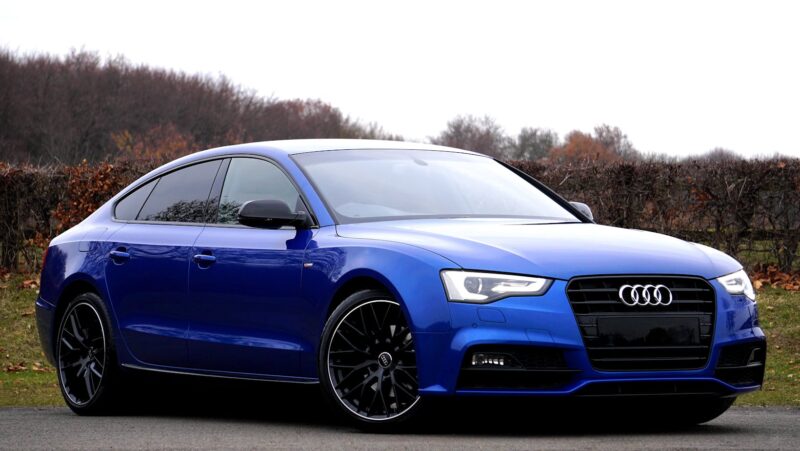Table of Contents
ToggleIn the world of automotive excellence, car brands play a pivotal role. They’re not just names or logos, they symbolize a legacy, a history of innovation, and a promise of ultimate guide of performance. From the luxury of Rolls-Royce to the reliability of Toyota, each brand has its unique story to tell.
Cool:urriytflh98= Car

Car brands have taken a meteoric climb towards popularity over time. A pivotal reason propelling their rise includes ongoing innovations, making cars more efficient, safe, and comfortable. For instance, Tesla’s breakthroughs in electric vehicle technology captivated global enthusiasts, catapulting the brand’s fame. Another evident factor lies in marketing prowess. Brands like BMW and Mercedes-Benz have built a powerful image around luxury and performance, making them household names. Influential branding strategies and story-telling form another cornerstone. Car brands often create a narrative around their products, like Ford’s focus on family cars, cementing their popularity.
Leading Car Brands in 2023
Global Market Leaders

Volkswagen retains a strong following with its embodiment of German engineering, while General Motors leads the American car industry with its robust portfolio ranging from economy to luxury vehicles. Numeric ranking of these global leaders in terms of unit sales, revenue, or market share would provide an objective assessment of their industry-leading status.
Emerging Car Brands
As we move ahead, new entrants break into automotive prominence. Brands like NIO, Rivian, and Lucid Motors represent these emerging powers. NIO seeks prominence with their advanced electric vehicles, tapping into the market’s growing sustainability consciousness. Rivian enters the scene with aspirational adventure-ready electric vehicles, and Lucid Motors draws attention with its luxurious, high-performance electric sedans. Perspective can be gained on these emerging brands by exploring their growth trends, technological advancements, and consumer feedback.
Innovation and Technology
Electrification of Vehicles
Revolutionizing the global landscape, electrification stands at the core of modern innovations in car brands. Tesla, leading the charge, delivered over 499,550 vehicles in 2020, affirming its position as the world’s biggest manufacturer of electric vehicles (EVs). NIO, Rivian, and Lucid Motors are tracking their path, each bringing unique EV propositions to the market. For instance, NIO’s Battery as a Service (BaaS) model, offers swappable battery packs, distinguishing it from conventional EV makers.
According to the Electric Vehicle Outlook 2021 by Bloomberg NEF, by 2040, the sale of electric vehicles is forecasted to reach 54% of total car sales. The transition to electric mobility presents opportunities for automakers to innovate, focusing on battery technology, charging infrastructure, and energy management.
Autonomy and Connectivity

Meanwhile, connectivity through features such as in-car Wi-Fi, smart navigation, and infotainment systems, often integral to premium car brands, is trickling down to more affordable models. For example, General Motors’ OnStar provides safety and security services using in-vehicle sensors and cloud-based platforms.
The connected car market, according to a Markets and Markets report, is projected to reach USD 212.7 billion by 2027. Thus, it’s evident that innovations in connectivity are not only enhancing driving experience but also creating a new revenue structure in the automotive industry.
Engines of Innovation
It’s evident that car brands are more than just emblems on a vehicle. They’re powerhouses of creativity and innovation, driving economic growth and transforming the way we experience mobility. Dominant players like Toyota, Volkswagen, and General Motors continue to prove their mettle, but it’s the newcomers like NIO, Rivian, and Lucid Motors that are electrifying the scene, literally.





